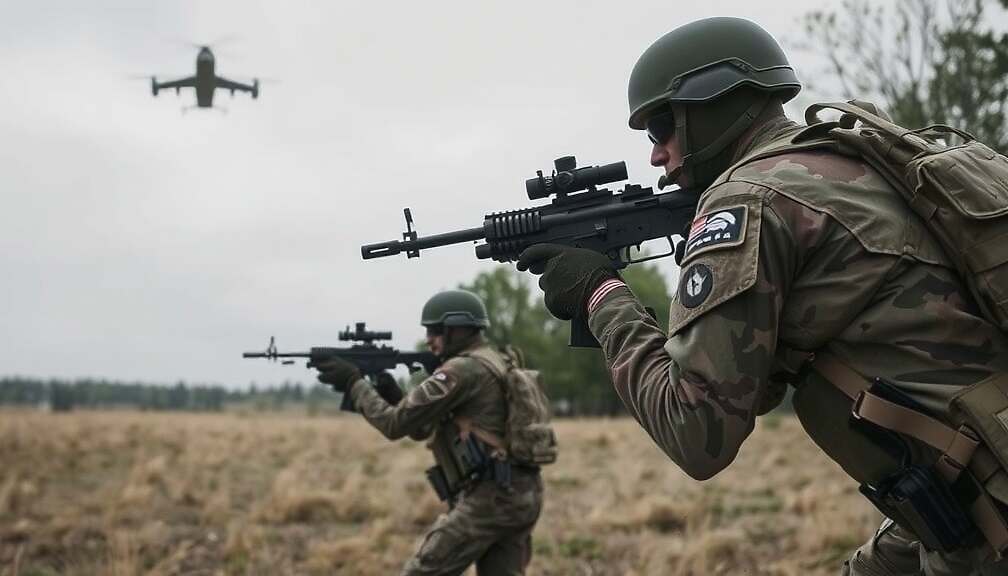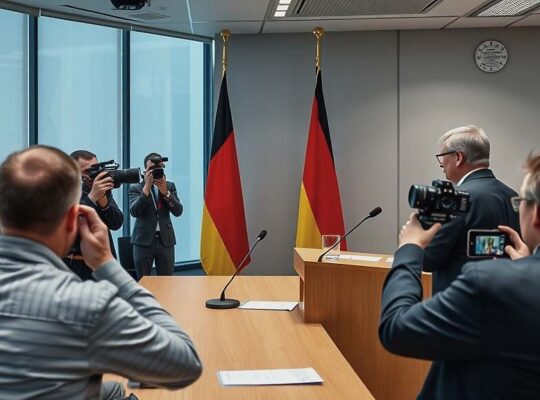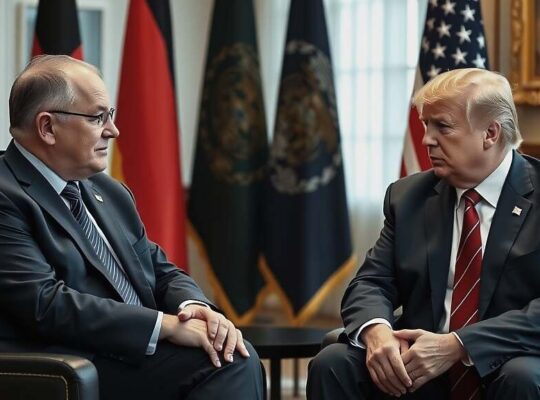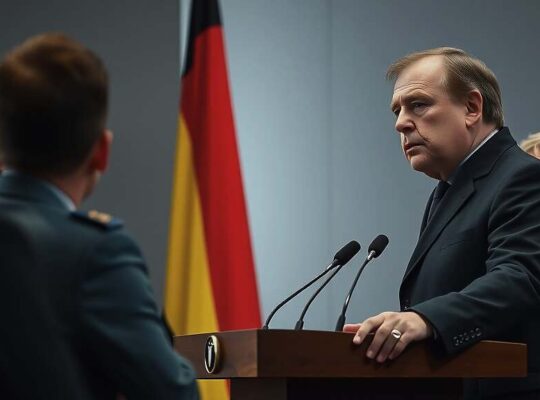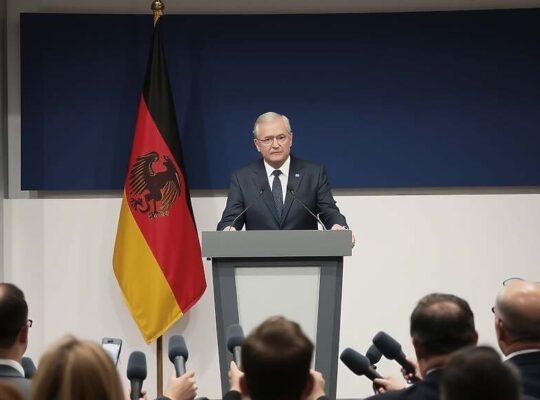The recent, unexplained drone incursions over Denmark and Germany have prompted both nations’ military leadership to acknowledge ongoing vulnerabilities while cautiously highlighting progress in countering the evolving threat. In a joint interview with the Frankfurter Allgemeine Zeitung, General Carstens Breuer, the German Armed Forces General Inspector and General Michael Hyldgaard, Chief of the Danish Defence, underscored the complexities of defending against increasingly sophisticated hybrid warfare tactics.
Breuer stressed the inherent limitations of absolute protection, stating, “One cannot protect everything”. He conceded that adversaries currently hold the initiative, exploiting the vulnerabilities inherent in open, democratic societies. While acknowledging substantial improvements in drone defense capabilities and promising developments in emerging technologies, he cautioned against unrealistic expectations. A critical area demanding enhancement, according to Breuer, is the coordination of defenses against threats originating both on land and at sea, particularly in response to escalating Russian activity in the Baltic Sea. He emphasized the urgent need for improved international cooperation and robust data sharing, lamenting that, “We are not yet where we need to be” despite demonstrable advancements.
General Hyldgaard, who assumed leadership of the Danish Defence in 2024, echoed this sentiment, highlighting the rapid pace of technological advancement in the drone space. He described the integration of countermeasures into existing air defense systems as a protracted process, requiring significant adaptation and resource investment. “Everyone must learn to deal with drones” he asserted. Beyond detection and interception, Hyldgaard emphasized the essential need to connect individual incidents and gain a comprehensive understanding of patterns and potential sources, observing that “we must learn from these experiences and become better in three directions.
The discussion also addressed Denmark’s controversial decision to acquire long-range, precision-guided missiles. Hyldgaard defended the move as a necessary component of national deterrence, drawing a stark lesson from the conflict in Ukraine – a nation hampered by its inability to strike targets deep within enemy territory. “If you don’t have the capability to hit targets inland with deep, precise strikes, you are at a disadvantage” he stated. Breuer voiced his agreement, referencing ongoing European arms procurement initiatives and the temporary deployment of similar US weaponry to Germany. The tacit acknowledgement of the need to proactively deter potential adversaries, particularly Russia, signals a broadening scope for military engagement and a reassessment of traditional defense strategies within the two nations.


